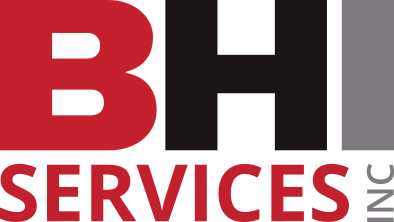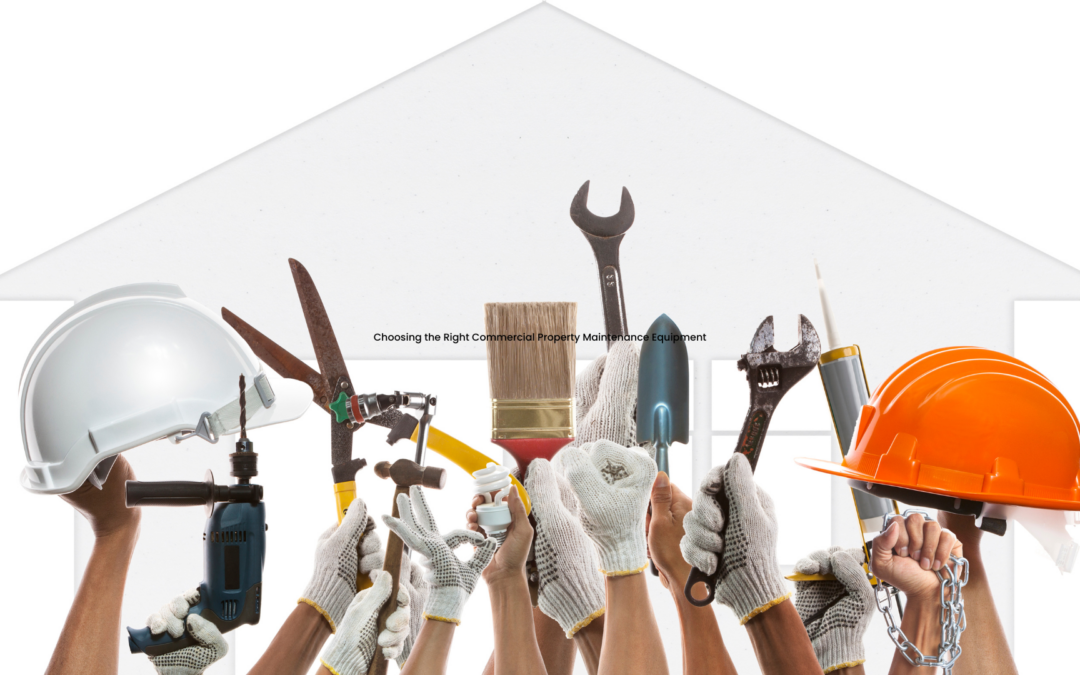How can I choose the right commercial property maintenance equipment?
Selecting the right property maintenance equipment is crucial for efficient and effective property maintenance. Whether you are a property owner, manager, or maintenance professional, choosing the best equipment can streamline tasks, save time, and improve overall productivity. In this blog, we will provide valuable tips for evaluating and selecting the best equipment for your property.
Assess Your Property’s Needs: Begin by assessing your property’s specific maintenance requirements. Consider the type and size of the property, the tasks you frequently encounter, and any unique challenges you may face. Identify the areas where equipment can enhance efficiency, productivity, and safety.
Research Equipment Options: Conduct thorough research to explore the available equipment options. Look for reputable manufacturers and suppliers that offer a range of equipment suitable for your needs. Read product descriptions, specifications, and customer reviews to gather insights about performance, durability, and overall satisfaction.
Consider Equipment Quality and Durability: Prioritize equipment quality and durability to ensure long-term value and minimize maintenance and replacement costs. Look for equipment made with high-quality materials and robust construction. Consider reputable brands known for their reliability and longevity. Quality equipment is more likely to withstand heavy usage and provide consistent performance.
Evaluate Safety Features: Safety should be a top priority when selecting equipment. Assess the safety features incorporated into the equipment design, such as guards, emergency stop buttons, and ergonomic handles. Choose equipment that minimizes the risk of accidents and injuries to operators and bystanders. Look for certifications or compliance with safety standards.
Seek Recommendations and Expert Advice: Consult with industry professionals, colleagues, or equipment specialists to seek recommendations and expert advice. They can provide valuable insights based on their experiences and expertise. Ask for their recommendations on specific equipment models or brands that have a proven track record in property maintenance.
Consider Maintenance and Service Support: Evaluate the availability of maintenance and service support for the property maintenance equipment you are considering. Check if the manufacturer or supplier offers warranties, spare parts, and repair services. Having access to prompt and reliable maintenance support can minimize downtime and ensure uninterrupted operation of the equipment.
Test and Demo Equipment: Whenever possible, test or request demos of the equipment you are interested in. This allows you to evaluate its performance, ease of use, and compatibility with your specific maintenance tasks. Pay attention to factors such as maneuverability, noise levels, user-friendliness, and the equipment’s ability to meet your desired outcomes.
Compare Prices and Consider Long-Term Value: While price is an important factor, it should not be the sole determinant in equipment selection. Consider the long-term value of the equipment rather than focusing solely on the initial cost. Evaluate factors such as maintenance requirements, energy efficiency, productivity gains, and expected lifespan. Opting for slightly higher-priced equipment that offers better performance and durability can often result in long-term cost savings.
Training and Familiarization: Ensure that proper training and familiarization are provided for operators and maintenance staff. Proper training ensures safe and effective use of the equipment and maximizes its potential benefits. Familiarize yourself with the equipment’s user manuals, safety guidelines, and recommended maintenance procedures.
Regular Equipment Reviews and Upgrades: Periodically review your equipment inventory to assess its efficiency and relevance. Technology and industry standards evolve, and newer equipment models may offer improved features, performance, and energy efficiency. Consider upgrading or replacing outdated equipment to maintain a competitive edge and optimize property maintenance operations.
Conclusion: Selecting the best equipment for your property requires careful evaluation, consideration of specific needs, and research. By assessing your property’s requirements, researching equipment options, considering quality and safety features, seeking recommendations, testing equipment, comparing prices, and focusing on long-term value, you can make informed decisions when selecting equipment. Additionally, ensuring proper maintenance, training, and regular reviews of your equipment inventory are essential for maximizing its value and longevity. By following these tips, you can confidently choose the best equipment for your property maintenance needs, enhancing efficiency, productivity, and the overall success of your maintenance operations. Remember, investing in high-quality equipment is an investment in the long-term success and effectiveness of your property maintenance efforts.

